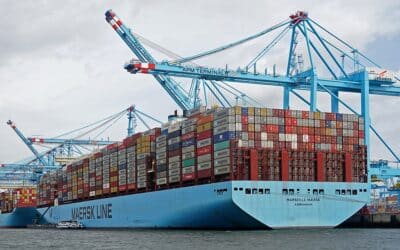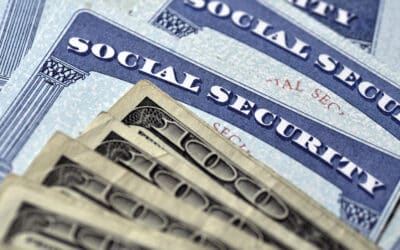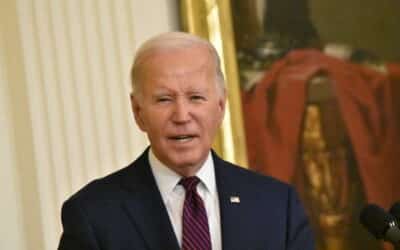To suggest that Chinese businesses and Chinese nationals should be allowed to buy farmland in the United States will intuitively send many conservatives reeling.
“But…but…it’s a national security threat!” This is presented by both Republicans and Democrats as the core “problem” of Chinese-owned farmland. Recently, several state legislatures have passed measures against foreigners holding U.S. land. However, thinking about it past guttural reactions will reveal that the farmland argument is full of hot air. Not only that, but these regulations are prone to heat up international tensions rather than cool them.
Think about what happens if China were to (God forbid) go to war with the United States. What happens to all that farmland?
Armed conflict would instantly place the farmland under the control of the U.S. government, once again applying it to serve “American interests,” however one may define them. In the end, China would have wasted the money and lost a source of food. A hawkish China would only see short-term gain in controlling more of their food supply.
Additionally, the national security concerns are mistaken. The efforts to acquire more farmland are part of China’s “One Belt One Road” initiative. This is so that China can control more of its food resources. In other words: resources that would have already gone to China will continue to go to China. China will only be able to starve its own people, not Americans.
China owns roughly 1 percent of foreign-owned U.S. farmland. That should be no cause of concern. But, what if they acquire more? What then?
If they capture control of enough farmland to control the flow of food to American households, they will only be able to exploit such influence in peacetime. Restricting the food supply will increase prices of farm products, leading to more resources being directed toward farming and increased imports. The problem would solve itself.
This is assuming that China would be willing to do this in peacetime. Such behavior would certainly lead to scrutiny from the U.S. government, and perhaps even regulation or nationalization of the farmland, seizing it from Chinese hands entirely.
Ultimately, blocking the acquisition of farmland by China is not about “food independence” but about control, which could come at a steep cost. Only higher, not lower, prospects of war will come from a policy of blockage.
As China invests in the United States by buying farmland or acquiring other kinds of land or assets, the cost of armed conflict increases. As previously stated, warfare would lead to Chinese land being seized by U.S. authorities. So, farmland and other investments act as a “hostage” that the U.S. can hold as collateral against Chinese incursions or threats.
“If you go to war with us, you lose your American investments.” Such a threat is not idle. For example, 40.8 percent of grain imported into China comes from the United States. War will cut off that supply chain.
However, if land purchases are blocked, then the Chinese will direct funds elsewhere. In this scenario, the hostage the U.S. has is lesser than it would be otherwise, meaning that the prospect of war is relatively higher all things held equal.
The Chinese government is composed of rational actors just like any other group. They will make decisions based on the relative payoffs. If they can obtain farmland peacefully through exchange, they will choose to do so in spite of more violent options. This is mutually beneficial for the Chinese purchaser and the domestic seller of the farmland. It also enhances rather than hinders “national security” by increasing the cost of armed conflict with the United States. Preventing farmland purchases will increase the relative payoff of war with the U.S.
As the oft-stated quote misattributed to Frederic Bastiat goes, “When goods don’t cross borders, soldiers will.” This vital insight is not denied by the case of Chinese-owned farmland. China will forgo peace if they can get nothing out of it. If the route of voluntary cooperation is not open to them, they will settle for coercion and violence.
Of course, this is not to say that Beijing will wage direct war with Washington if these farm sales are blocked. It will, however, make China more prone to violently act against supposed American interests abroad, such as increased tension with Taiwan and a generally more expansive attitude against U.S. allies, making the world worse off.
The key takeaway is that voluntary trade enhances peace, not worsens it. The government has an interest in framing these exchanges as national security threats because it emboldens their power in regulating domestic affairs. China is held up as a boogeyman so that the federal government can stick its prying fingers in mutually beneficial, voluntary exchanges.
Actions by DC and state legislatures to block China from buying land are therefore reckless and should be abandoned.












